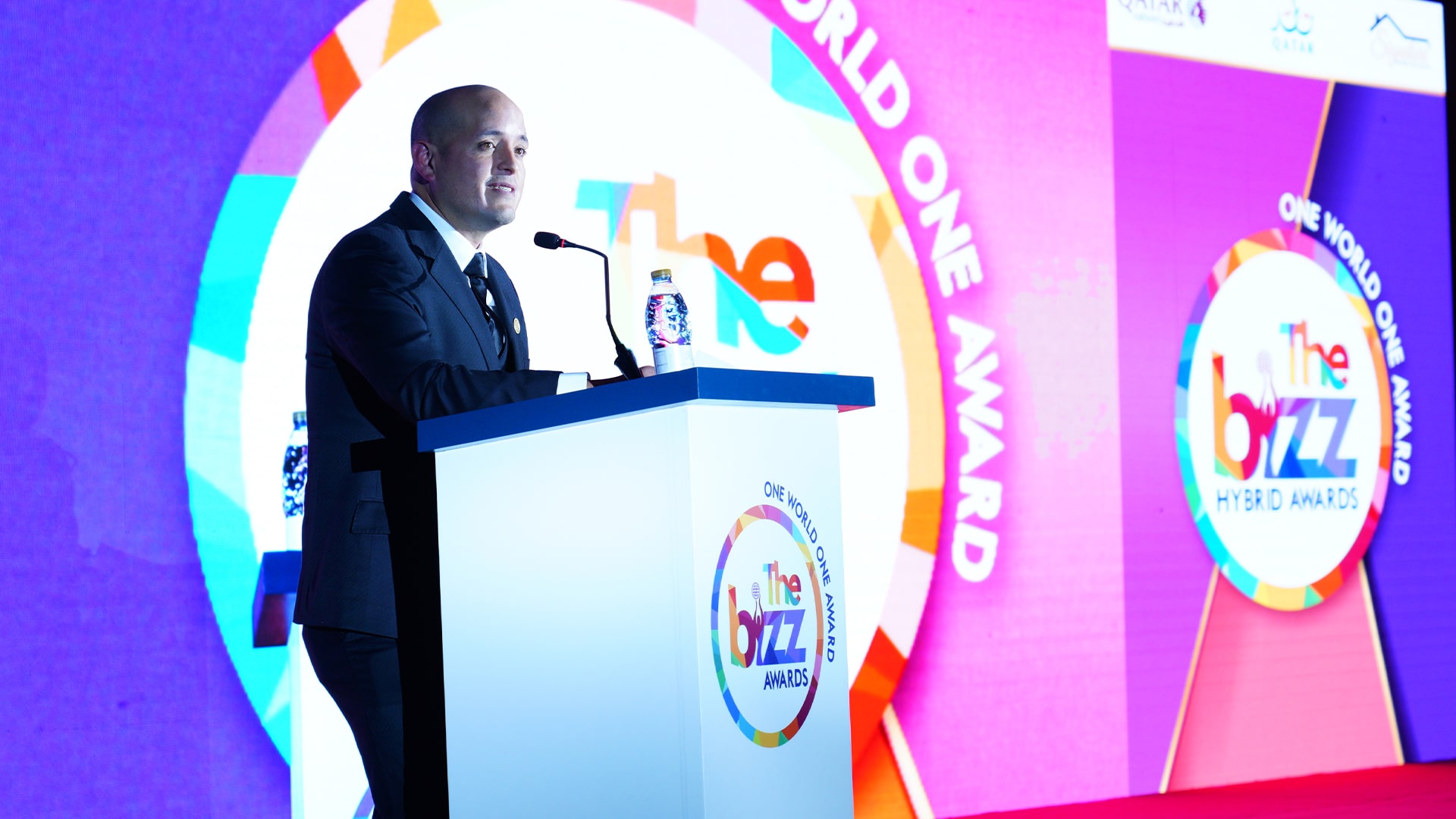A new study carried out by Hamad Medical Corporation’s (HMC) Hamad Trauma Center has found child car seats in Qatar are widely available and affordable.
The study, which was carried out as part of the Qatar Foundation National Priorities Research Program (NPRP 7-1681-3-429) Grant ‘Young Kids in Safe Seats’, was conducted by the Hamad Trauma Center in partnership with Primary Health Care Corporation (PHCC) and the International Injury Research Unit of the Bloomberg School of Public Health, Johns Hopkins University, in Baltimore, Maryland, US.
“The primary objective of the study was to compare interventions designed to increase the use of car seats by children under the age of five years old. The study also collected baseline information on other aspects of car seat or child restraint systems used amongst these children,” said Dr. Ruben Peralta, Senior Consultant, Director of the Trauma and Surgical Critical Care Fellowship Program at the Hamad Trauma Center.
Dr. Peralta, who was also the Lead Principal Investigator for the study, said the findings of the research were very positive, showing that a wide variety of car seats, at a wide price range, are available at retail outlets in the country.
“Importantly, all the car seats complied with the European standard for car seat quality. Based on the minimum wage to sponsor immediate family members (spouse or children) to join them to live in Qatar, the median price for a child car seat was equivalent to one day’s pay,’’ explained Dr. Peralta.
“The World Health Organization Eastern Mediterranean Regional Office has identified the need to increase the use of child car seats as a priority for reducing the incidence of preventable injuries to child passengers in the region. Anecdotal reports have attributed low child car seat use to their expense and unavailability, prompting car seat giveaway programs, but an assessment of the local market had not been conducted before this recent study,” added Dr. Peralta.

Source: Hamad Medical Corporation
Dr. Rafael Consunji, a co-investigator on the study and Director of the Hamad Injury Prevention Program explained that the study findings set the stage for future concerted efforts to support the implementation and enforcement of a national car seat law for Qatar.
“This study shows that the local market can provide globally-certified and reasonably priced car seats for all children in Qatar. Unavailability and expense cannot be cited as barriers to their use and the market is prepared for legislation requiring car seats. This is of utmost importance because properly restraining children in car seats is the only proven means of preventing severe injuries and deaths to our most precious and vulnerable passengers,” stated Dr. Consunji.
The Hamad Injury Prevention Program is offering the following road safety recommendations for all families with children in Qatar.
•Children should be seated in an appropriate child restraint at all times when in a vehicle.
•Rear-facing car seats must always face the rear of the vehicle. Children up to the age of three years are advised to remain in a rear-facing car seat as long as they are within the height and weight limits set by the car seat manufacturer.
•Forward-facing car seats must always face the front of the vehicle. Children aged four to seven years are advised to use a forward-facing car seat as long as they are within the height and weight set by the car seat manufacturer.
•Convertible car seats can be used in both rear- and forward-facing positions. Rear-facing seats can accommodate children weighing between 13.6 to 20 kilograms (30-45 lbs.) and forward-facing seats can be used up to 18 to 30 kilograms (40-65 lbs.), depending on the model.
•A child seat or booster seat is a forward-facing car seat that must be used with a lap-shoulder belt by children who have outgrown their forward-facing seats. Children should be kept in a booster seat until they have grown into the minimum height and weight to properly use a seat belt, usually 1.45m and between 36 to 45 kilograms.
More on Family






Leave A Comment
You must be logged in to post a comment.